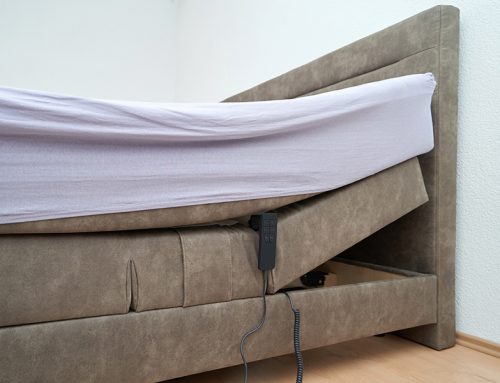 Contrary to the standard nine-to-five work day that many Americans are familiar with, shift work is a job that requires showing up to work during non-traditional hours.
Contrary to the standard nine-to-five work day that many Americans are familiar with, shift work is a job that requires showing up to work during non-traditional hours.
If you’ve landed on this page, you probably have a feeling that your sleep and energy is impacted by shift work. Or maybe you’re watching a loved one struggle through their shift work and feeling helpless.
This usually looks like early morning shifts, graveyard shifts or rotating night shifts. It’s also defined by the Journal of Clinical Sleep Medicine as work that falls outside of the hours of 6 am to 7 pm. Often, firefighters, police officers, paramedics, factory workers, doctors, nurses and even food industry workers all have this lifestyle in common. These jobs and their schedules are demanding; and as many as 20% of workers in industrialized nations work night or rotating shifts.
But where this lifestyle most often disrupts your wellbeing is with your sleep-wake cycle. Our circadian rhythms are greatly influenced by natural light and darkness. This signals to our body when it’s time to sleep and wake-up. If we go against these natural cycles or if we maintain irregular sleep patterns, our health might be compromised.
So where does this leave you or your loved one?
There’s no need to panic yet. But you do want to take necessary steps to have a better grip on your sleep as soon as possible.
If you continue going down this road of irregular sleep patterns at non-traditional hours, you’re at a higher risk of shift work sleep disorder. In this article, we’ll dive into what this is, how it affects you and how to manage healthy sleep while working a shift based job.
What is shift work sleep disorder?
Shift work sleep disorder is a circadian rhythm sleep disorder. The person experiences insomnia and excessive sleepiness as a result of working a job that overlaps with the body’s natural sleep-wake cycle. You’re essentially sleeping against the clock: yours and society’s. In order to receive an official diagnosis, symptoms such as consistent fatigue and reduced alertness, have to go on for at least one to three months.
It’s estimated that around 10 to 40 percent of shift workers will experience shift work sleep disorder. The recurring sleep loss and exhaustion can lean towards a spiral that affects your health, memory, focus, mood and relationships.
You have difficulty concentrating. You’re not refreshed. You’re feeling depressed. And your energy levels, well…they’ve been better. This is potentially dangerous if you need to be very alert and operate machinery for your job.
What happens if I’m diagnosed with shift work sleep disorder?
Some long-term effects and complications that are likely to happen from shift work sleep disorder include:
Higher risk for health issues: from short-term illnesses like colds to long-term complications like cancer, diabetes, cardiovascular disease and gastrointestinal disorders
Increased chances of car crashes: drivers that commute after overnight work and are driving while drowsy is one of the leading causes of vehicle crashes
Poor diet: getting inadequate sleep can lead to making poor diet choices and unhealthy eating habits. This also leads to higher risk of obesity down the line
Alcohol and drug dependency: trying to cope by abusing alcohol or drugs is another potential concern
So that all sounds a little frightening. And we understand that you might not be able to change your whole career around at this point. But there are some changes you can make, at work and at home, to relieve or prevent shift work sleep disorder.
9 tips for better sleep as a shift worker
Make your sleep a priority
We hope you find the above tips helpful, but keep in mind that there’s no one-size-fits-all approach. At the end of the day, the most important thing for you to do is prioritize your sleep as a shift worker. If you don’t, shift work sleep disorder is certainly something you’re at risk for.
While we’re not diagnosing you in this article, we want to give you the tools to help you live your best life as a shift worker—which starts with getting quality sleep every night. If you are concerned with your consistent inability to sleep, then consult a healthcare practitioner.





